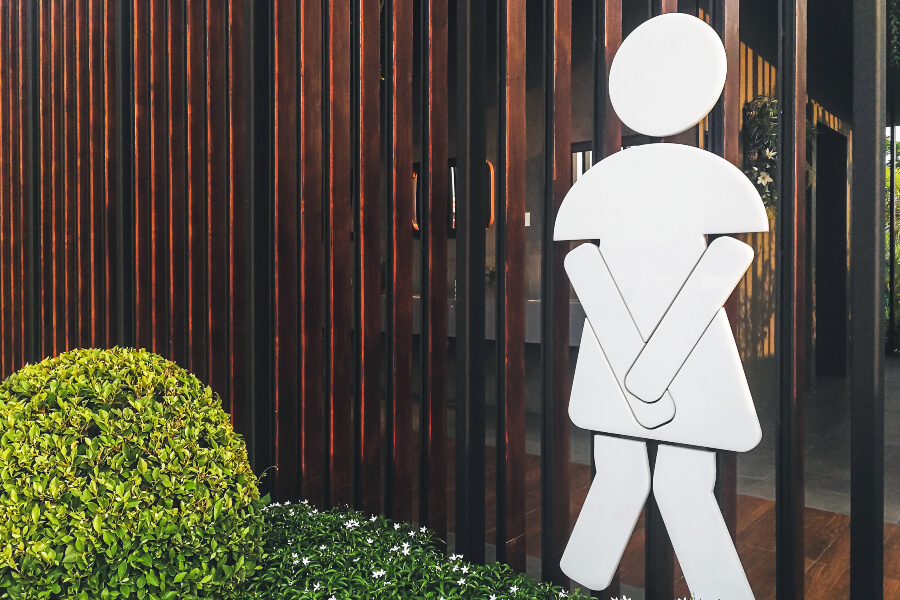Three very negative developments have just been proposed that put the underserved disabled community at a further disadvantage. First, just the other week, Education Secretary Betsy DeVos (she of the—thwarted—effort to put a kibosh on the Special Olympics) proposed $25 million in cuts to funding for the blind, deaf, and deafblind. These cuts would be “devastating,” Megan Conway says.
To be punished for proudly disseminating a photograph showing the ability to get along well in the world, despite enormous obstacles, is sadistically cruel.
Even more offensive and dangerous, the Trump administration has more recently proposed that the Social Security Administration monitor the social media accounts of people with disabilities—yes, spied on—in order to see if disabled people are “faking” and should have any benefits they are getting removed. The writer of a Forbes article criticizing this policy—a female member of the disabled community named Imani Barbari—says, among other things: “Disabled people don’t all … [take] selfies staring longingly [and sadly] at the world. They live lives while managing their energy for the activities they can handle and trying to make those they cannot more accessible.” To be punished for proudly disseminating a photograph showing the ability to get along well in the world, despite enormous obstacles, is sadistically cruel.
Read More: How Megan Conway, a Deafblind Woman, Proved the Doubters and Bullies Wrong
Reacting to the Devastation
Hearing about the proposal, Conway was so livid that she could only respond with sarcasm that shows you a bit of the witty charisma that makes her a popular mentor and advocate: “I am speechless. I am wondering if perhaps Trump’s meeting with Kim Jong Un, rather than furthering international policy, yielded some fruitful tips on how to run domestic policy? This proposal is so ridiculous that it must be true. So I am now going to go delete the Facebook photos of myself smiling on Kailua Beach with my family, enjoying my birthday dinner at a local cafe, and parasailing at Lake Tahoe, and replace them with photos of myself begging on the street corner. But wait, if I have a phone that enables me to even post to social media, I must be gaming the system. Oops.”
It’s particularly ironic that Trump’s spying proposal would punish the disabled community for using the very thing they most need much more of–technology.
There’s more. Last week, on April 17, Tom Ridge, the chairman of the National Organization on Disability, wrote a New York Times piece outlining even yet further cuts, aside from the proposed social media spying, noting: “The Trump administration’s fiscal year 2020 budget would make cuts across multiple agencies and offices that serve Americans with disabilities, stripping them of essential resources. Of particular urgency … are the devastating impacts that the weakening of these agencies would have on job seekers with disabilities.”
It’s particularly ironic that Trump’s spying proposal would punish the disabled community for using the very thing they most need much more of—and that has been so out of reach for them: tech. Conway says: “Our society is so focused on the web and social media and online conferencing—everything is online: friendship, getting a job, getting an education.” But most of the web “is not accessible if you have a sensory impairment—and being deafblind means you have two sensory impairments. Deafblindness impacts your ability to communicate, to understand what’s going on around you. People think `it’s too much trouble’ to adapt the web to the needs of the deafblind. Or that we’re `unreasonable’ to expect to be able to read things online or even have a job. There’s this idea that everybody is a `normal’ person.” It’s Conway’s mission to change those misperceptions.





















0 Comments